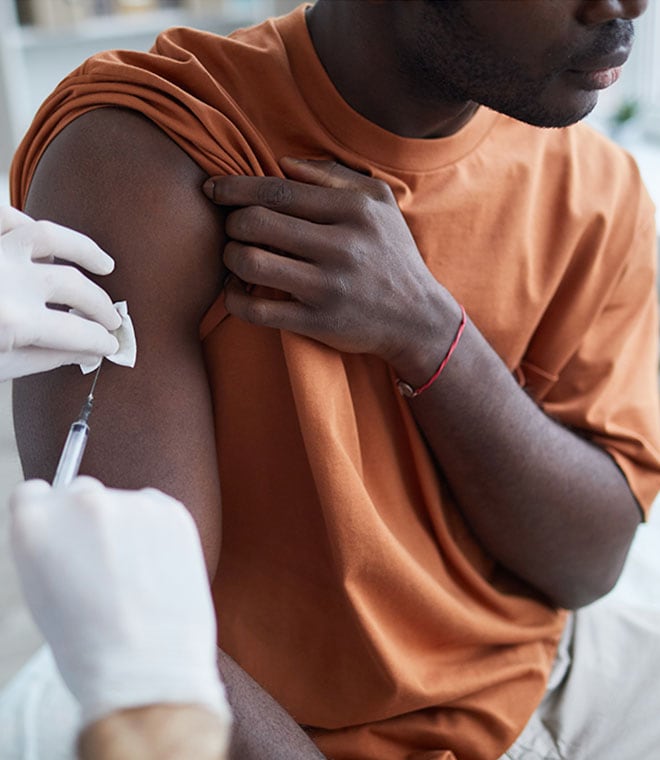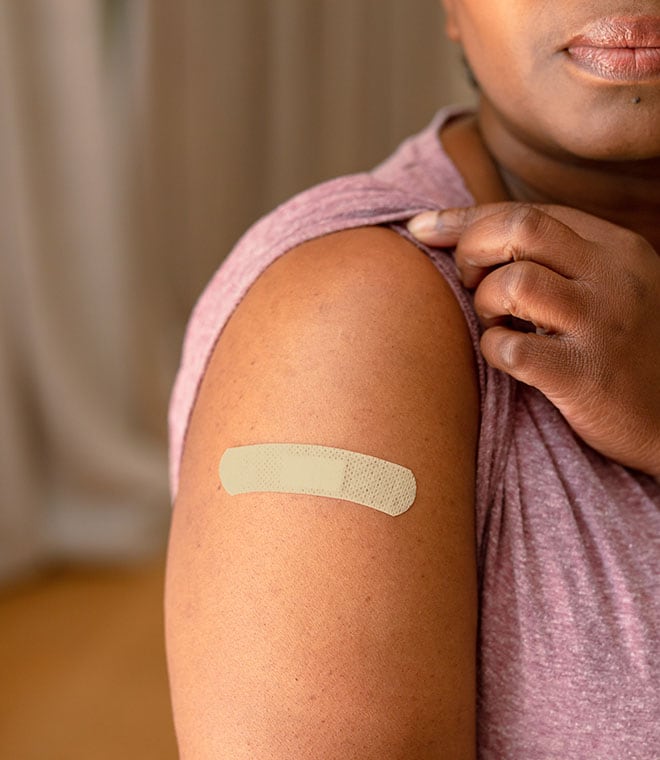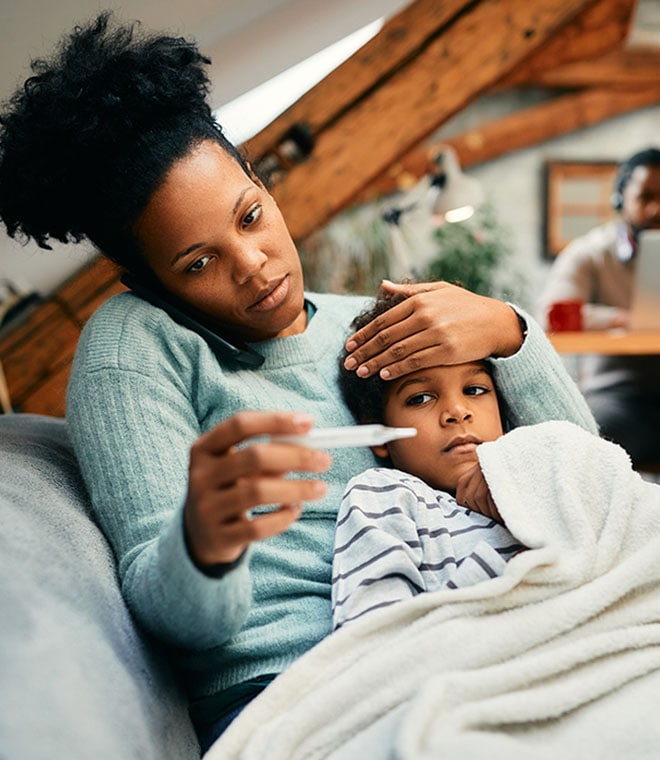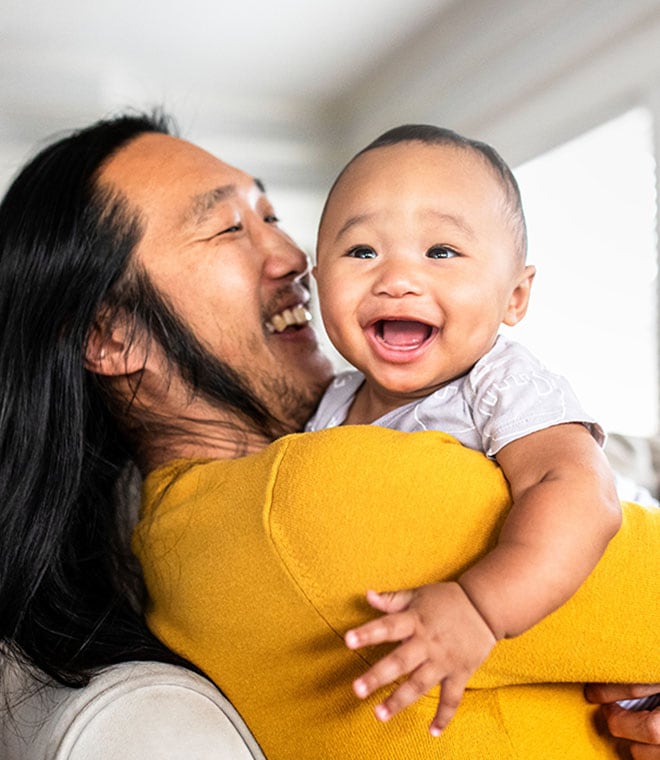Health
When to get the measles vaccine
By Andy Stergachis, PhD, BPharm Mar 27, 2025 • 4 min
What is the measles vaccine?
The measles vaccine is a live combination vaccine that protects against measles, mumps and rubella. For this reason, the measles vaccine is also called the MMR vaccine. The vaccine is an effective way to prevent these very contagious and potentially serious illnesses. These diseases are much less common in the United States due to high MMR vaccination rates. You can schedule a measles vaccine at Walgreens.
At what age do you get the measles vaccine?
Children should get two doses of the measles vaccine. The first dose of the measles vaccine should be given to children between ages 12 to 15 months. The second dose of the measles vaccine should be given between ages 4 and 6 years. Older children and adults that are not up to date on MMR vaccinations and do not have evidence of immunity to measles, mumps and rubella should receive one or two doses of the vaccine.
How long does the measles vaccine last?
The measles vaccine is very effective. People who received two doses of the measles vaccine as children are usually considered protected for life. Two doses of the measles vaccine are about 97% effective at preventing measles. Before widespread use of the vaccine, there were an estimated 3–4 million cases and 400–500 deaths from measles annually in the U.S.
Can you get measles if you’ve been vaccinated?
According to the Centers for Disease Control and Prevention (CDC), very few people who get two doses of the measles vaccine will still get measles if exposed to the measles virus. Even though measles has been essentially eliminated in the U.S., measles outbreaks can still occur in communities where immunization rates are low or when the infection is brought into the country. This occurs when unvaccinated Americans or travelers are exposed to measles while traveling and then bring the disease back with them. It can also occur when children are not vaccinated. Even though the vaccine is made from a weakened live virus, you cannot get measles from the vaccine.
What is the measles vaccine schedule?
The CDC’s measles vaccine schedule for children is as follows:
| Schedule for measles vaccine | First dose | Second dose |
| Children | Age 12–15 months | Age 4–6 years |
Do adults need to get the measles vaccine?
Yes, adults who are not up to date with the measles vaccine and do not have evidence of immunity to measles, mumps and rubella should receive one or two doses of the vaccine. People who were vaccinated from 1963–1967 with a killed measles vaccine should be revaccinated with a dose of live measles vaccine. You can get a blood test to determine if you have immunity.
You do not need to get the measles vaccine if you were born before 1957 because it is presumed that the majority of people were infected with measles, mumps and rubella naturally and are presumed protected.
Updated March 2025.
- https://www.cdc.gov/measles/hcp/vaccine-considerations/index.html
- https://www.cdc.gov/measles/vaccines/index.html
- https://www.merckmanuals.com/professional/infectious-diseases/immunization/measles-mumps-and-rubella-mmr-vaccine
- https://www.cdc.gov/measles/about/questions.html
- https://www.cdc.gov/measles/hcp/vaccine-considerations/specific-groups.html
- https://www.cdc.gov/measles/about/history.html
- https://www.cdc.gov/global-measles-vaccination/data-research/global-measles-outbreaks/index.html



